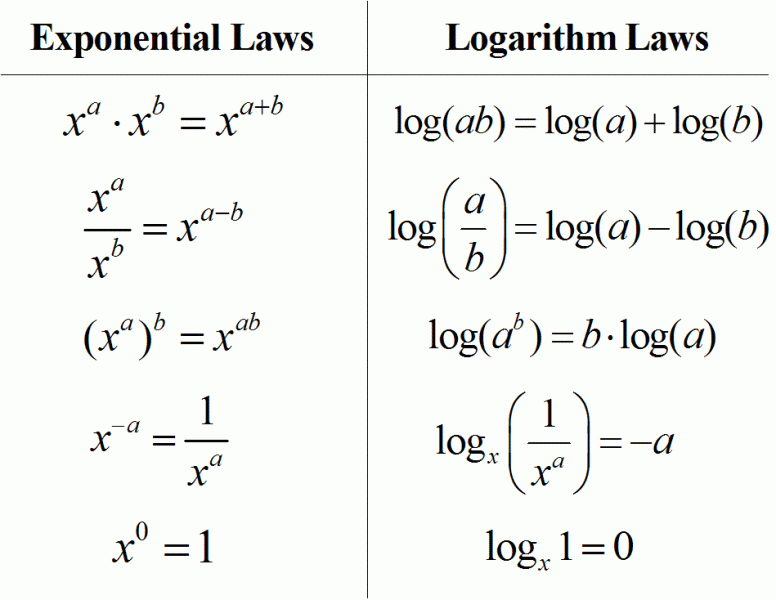|
|
|
During pregnancy, a woman is more likely to experience bleeding gums and nosebleeds caused by hormonal changes that increase blood flow to the mouth and nose.
Alcohol acts as a diuretic. Eight ounces of water is needed to metabolize just 1 ounce of alcohol.
Warfarin was developed as a consequence of the study of a strange bleeding disorder that suddenly occurred in cattle on the northern prairies of the United States in the early 1900s.
Cyanide works by making the human body unable to use oxygen.
Over time, chronic hepatitis B virus and hepatitis C virus infections can progress to advanced liver disease, liver failure, and hepatocellular carcinoma. Unlike other forms, more than 80% of hepatitis C infections become chronic and lead to liver disease. When combined with hepatitis B, hepatitis C now accounts for 75% percent of all cases of liver disease around the world. Liver failure caused by hepatitis C is now leading cause of liver transplants in the United States.
 Much of the dark space between stars, as seen in the sky of the image above, is due to the human eye
Much of the dark space between stars, as seen in the sky of the image above, is due to the human eye
 Multiple-dose drug administration: drug A and drug B are administered every 12 hours; drug B reaches
Multiple-dose drug administration: drug A and drug B are administered every 12 hours; drug B reaches





